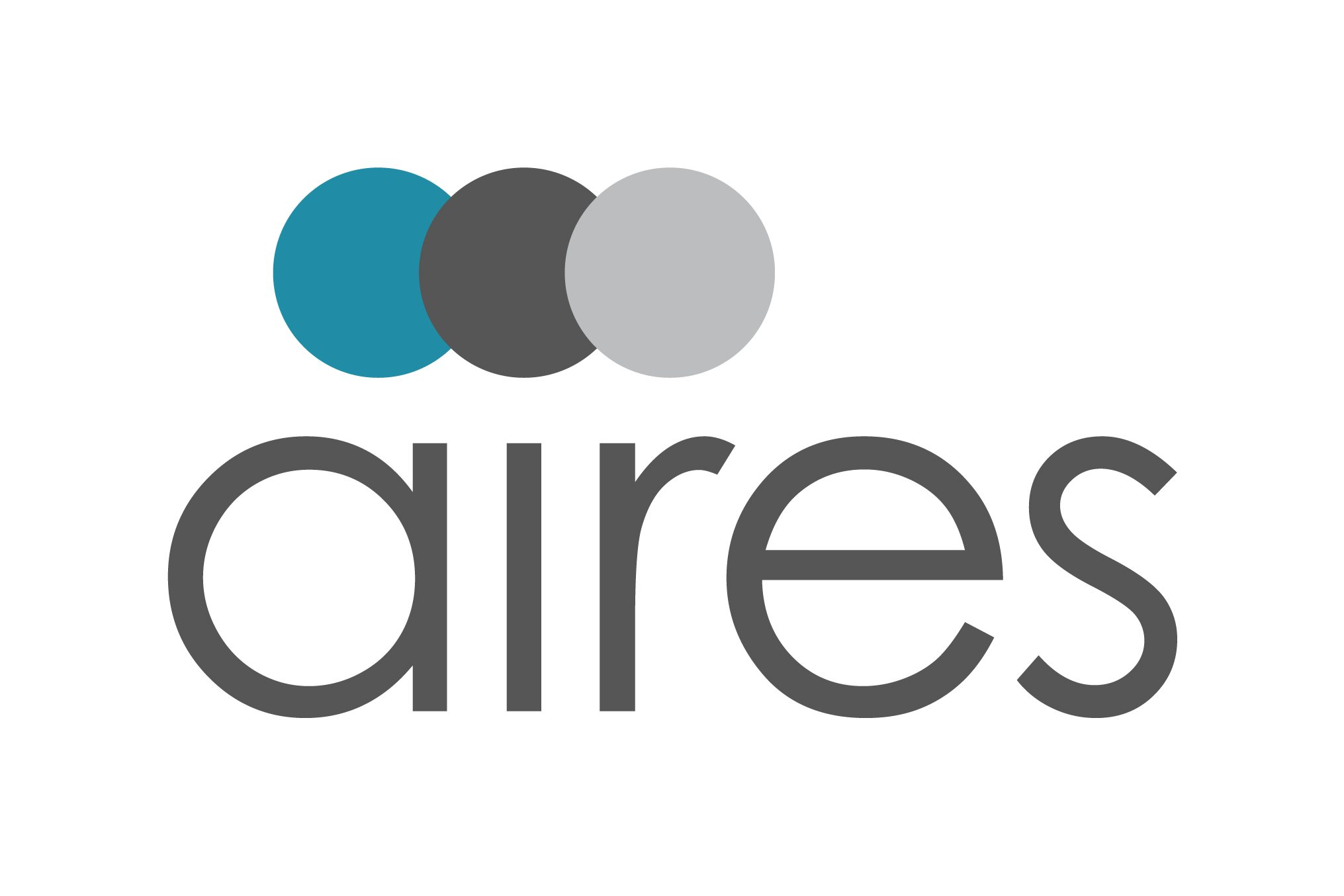
Joleen Lauffer, Executive Vice President at Aires in Pittsburgh, Pennsylvania, USA, looks at the ways in which COVID-19 has affected her business and lessons for the future.
We have around 600 people working at Aires, so when many of them started working from home early this year we had to work really hard to make sure they still felt connected to the organisation. We did this through regular video communications from our leadership team that allowed us to talk to everyone about what was happening in the company and how our work was impacted. I think these regular touchpoints really helped get us through the transition phase.

It was probably hardest for our supervisors and managers as they are responsible for mentoring less experienced people. We made sure that they had as much online contact as possible and ensured that daily ’huddles’ were held by each team, so it was easy for them to ask for help if they needed it. But, although a Zoom call is useful, it’s not the same as having a proper chat and a cup of coffee with someone.
I think people were genuinely concerned about their long-term arrangements. Despite the changes, our relocation scores remained high and increased, in fact, proving that the additional communication was effective. But people were concerned about the industry long term because if they could work from home and make it work, so could our customers.
I don’t see the industry going in that direction. Our corporate clients are showing no signs that they intend to ask staff to operate remotely from their origin countries, not long term anyway. They see the dilution of their corporate culture as a problem and rely on international assignees to keep those same values consistent across the global organisation. They also see the cultural benefit of having international assignees as a major driver. In the past it was a ‘nice to have’, lagging behind the business imperative of having the right talent in the right place, now the cultural benefit is what everyone is talking about.
In the same way it seems to me that we need to get our people back to the office as much as we can so they can experience, and maintain, our cultural identity.
The slow down
It’s true that earlier this year more than half of our relocations were delayed; but very few have been cancelled. The flow is gently returning but with companies wanting their people to relocate only when they feel comfortable to do so. There are some who are still reluctant to relocate, especially those with families, but many are feeling some element of pressure to get on the ground in their new location.
The future
Looking ahead, I see the importance of technology increasing and COVID-19 has accelerated this trend. But I also see the fashion for lump sum assignees, who rely on technological solutions to access services, reaching a plateau and even falling back a little. It’s currently running at about 20% of our relocations but, as people from Generation Y age, have families and acquire more possessions, it doesn’t work so well. I think the pendulum will swing back. We will always maintain a solid lump sum offer for this key demographic and for those clients that find it useful.
Industry response
The response from the moving industry during the early days of COVID-19 was impressive. Many companies made considerable efforts to make sure they, and we, could continue to provide the service. We were very appreciative. It became a way in which they could easily differentiate their service. Throughout the crisis the way in which companies communicated with us was even more important than ever. I am confident that, as the problem continues, and until we have a global solution, the industry will continue to rise to th